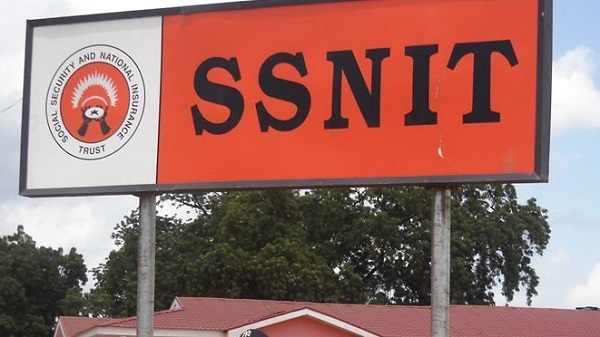Significant improvements in investment performance and operational efficiency has enabled the Social Security and National Insurance Trust (SSNIT) to project a strong financial position for 2024.
SSNIT’s Director-General, Kofi Osafo-Maafo, during an address to stakeholders said the scheme has turned around its financial situation in recent years.
Although in 2021 the Trust faced a deficit, by 2022 it had recorded a surplus of GH¢230million. This positive trajectory continued into 2023 with a surplus of GH¢864million.
Mr. Osafo-Maafo said the Trust expects similar results in 2024, driven by improvements in contributions collection, investment income and cost control. “Financial progress is a testament to our prudent management of investments and effective operational strategies,” Osafo-Maafo added.
SSNIT has paid out a total GH¢3.2billion in benefits to its members in the first half of 2024, underscoring the trust’s pivotal role in supporting retirees.
These payments included over GH¢2.8billion old-age pensions to 248,554 beneficiaries; GH¢15.6million for invalidity pensions to 1,666 individuals; GH¢51.5million old-age lump-sums to 2,941 retirees; and GH¢258.6million as survivor’s lump-sums to 14,493 beneficiaries.
These figures highlight the Trust’s dedication to alleviating old-age poverty and ensuring financial stability for retirees. Osafo-Maafo also stated the trust’s commitment to leveraging technology for enhancing service delivery.
He explained how digital platforms are making pension services more efficient, reducing delays in processing pension claims and simplifying administrative procedures. “In the past, there were concerns about the time it took to get pensions paid and submit contribution reports. Over the years, we have made significant improvements in those areas.”
The trust’s positive financial projections for 2024, combined with its ongoing efforts to expand pension coverage and improve service delivery, reflect SSNIT’s determination to strengthen Ghana’s social security system.
The growth in pension population over the years continues to outstrip the growth rate of contributors – thereby becoming a threat to the Trust’s sustainability.
However, the stakeholder engagement with the Director-General has thrown fresh light on the Trust’s true state – and by all indications, SSNIT is in a healthy position to manage the country’s pension funds in the short- to medium-term.
That notwithstanding, we believe an examination of its long-term prospects are equally important to assure its many contributors that its finances are healthy and can manage contributors’ funds efficiently.










